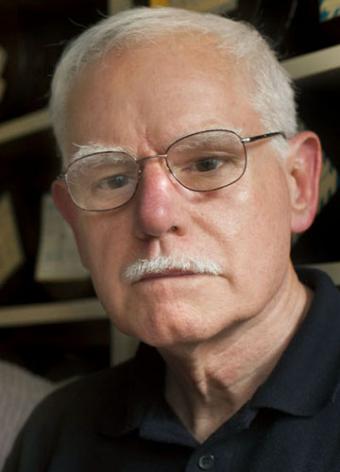PROVIDENCE, R.I. [Brown University] — James W. Head III, the Louis and Elizabeth Scherck Distinguished Professor of Geological Sciences, has been awarded Geological Society of America’s Penrose Medal, the society’s highest honor.
The medal has been awarded each year since 1927 “in recognition of eminent research in pure geology, for outstanding original contributions or achievements that mark a major advance in the science of geology.” Head is the first planetary geologist to win the award.
“It’s a great honor to be recognized by my colleagues in this way and to join such a distinguished group of past Penrose Medalists,” Head said. “As a planetary geologist, I’m pleased that the GSA has chosen to recognize the work of those of us who look elsewhere in the solar system for clues to help understand the processes that have formed our own home planet, Earth.”
After earning his Ph.D. in geology from Brown in 1969, Head worked at Bellcomm Inc. in the NASA Systems Analysis Branch, where he shifted his focus to lunar and planetary geology. He helped to select landing sites for the Apollo missions to the Moon, trained the Apollo astronauts in field geology, and helped to analyze samples brought back from the lunar surface.
Since then, Head has participated in numerous NASA missions, including as a co-investigator on the MESSENGER mission to Mercury and the Lunar Reconnaissance Orbiter. He has worked with Soviet and Russian scientists to analyze data from the Venera missions to Venus, and was a co-investigator on the European Space Agency’s Mars Express mission. He has published numerous book chapters and hundreds of academic papers, which have been cited more than 33,000 times.
Previous Penrose medalists have include Arthur Holmes (1956), who pioneered radioactive dating of minerals; J. Tuzo Wilson (1968), the architect of modern plate tectonics; and Maurice Ewing (1974), a premier explorer of the Earth’s seafloor.
Head will receive the award in November at the GSA’s annual meeting in Baltimore.

